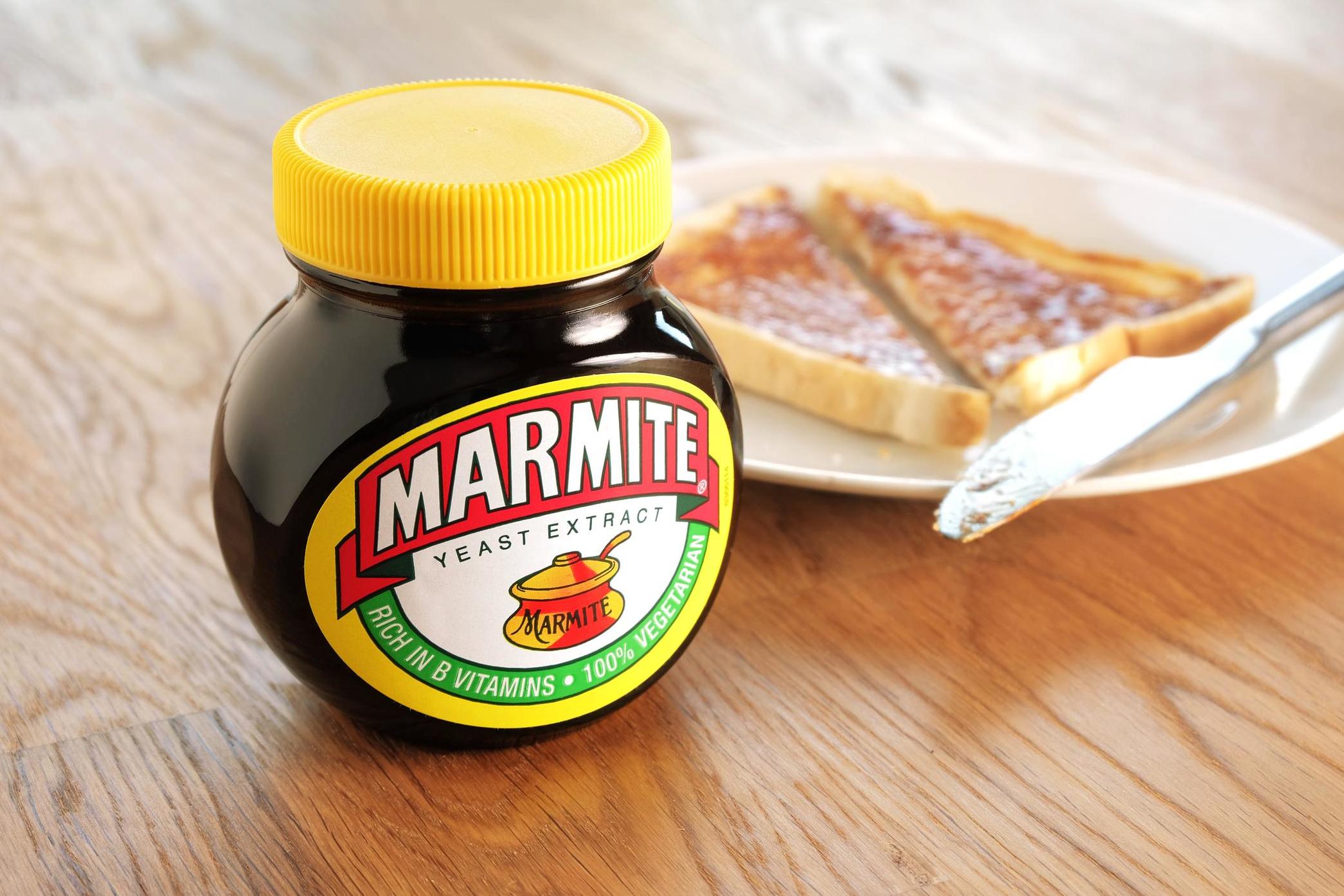Unilever: Marmite maker threatens to remove ads from Facebook, Twitter and YouTube over fake news
Digital marketing platforms 'little better than a swamp' in terms of transparency, says Keith Weed, company's chief marketing officer

Adverts for some of the world’s most famous brands could disappear from Facebook, Twitter and YouTube after Unilever threatened to pull its marketing from platforms that “create division in society and promote anger and hate”.
The announcement will come as a striking warning for technology firms who have been heavily criticised for failing to stem the flow of fake news, radicalism and hate speech across the internet.
Unilever, an Anglo-Dutch consumer-goods giant that owns brands like Marmite, Dove, Persil and PG Tips, is the world’s second-biggest spender on marketing, according to the Financial Times.
Keith Weed, Unilever’s chief marketing officer, will give the warning to other technology firms in a speech on Monday at the annual Interactive Advertising Bureau conference.
“As one of the largest advertisers in the world, we cannot have an environment where our consumers don’t trust what they see online,” he plans to say, according to the company.
“We cannot continue to prop up a digital supply chain – one that delivers over a quarter of our advertising to our consumers – which at times is little better than a swamp in terms of its transparency.”
He will say that Unilever does “not want to advertise on platforms which do not make a positive contribution to society“.
That means not investing in “platforms or environments that do not protect our children or which create division in society, and promote anger or hate”.
“We will prioritise investing only in responsible platforms that are committed to creating a positive impact in society,” he will say.
“Fake news, racism, sexism, terrorists spreading messages of hate, toxic content directed at children – parts of the internet we have ended up with is a million miles from where we thought it would take us.
“It is in the digital media industry’s interest to listen and act on this. Before viewers stop viewing, advertisers stop advertising and publishers stop publishing.”
Facebook, Twitter and Google, which boast billions of users, have been exposed as major channels for the dissemination of extreme material.
The companies have all said that they have increased their efforts to remove inappropriate content but critics say more needs to be done.
Last year, dozens of firms suspended their adverts from YouTube, which is owned by Google, after their adverts were placed alongside videos posted by extremists including David Duke, former leader of the Ku Klux Klan, as well as groups linked to Isis.
Unilever will say that trust in social media has slumped to a new low and warn that 2018 could be the year of the “tech-lash” where people turn on technology companied.
“This is a deep and systematic issue. An issue of trust that fundamentally threatens to undermine the relationship between consumers and brands.
“Brands have to play their role in resolving it,” Mr Weed will say.
“No longer can we stand to one side or remain at arm’s length just because issues in the supply chain do not affect us directly. To remain relevant, and trusted by consumers, brands have to take the lead.”
Subscribe to Independent Premium to bookmark this article
Want to bookmark your favourite articles and stories to read or reference later? Start your Independent Premium subscription today.

Join our commenting forum
Join thought-provoking conversations, follow other Independent readers and see their replies